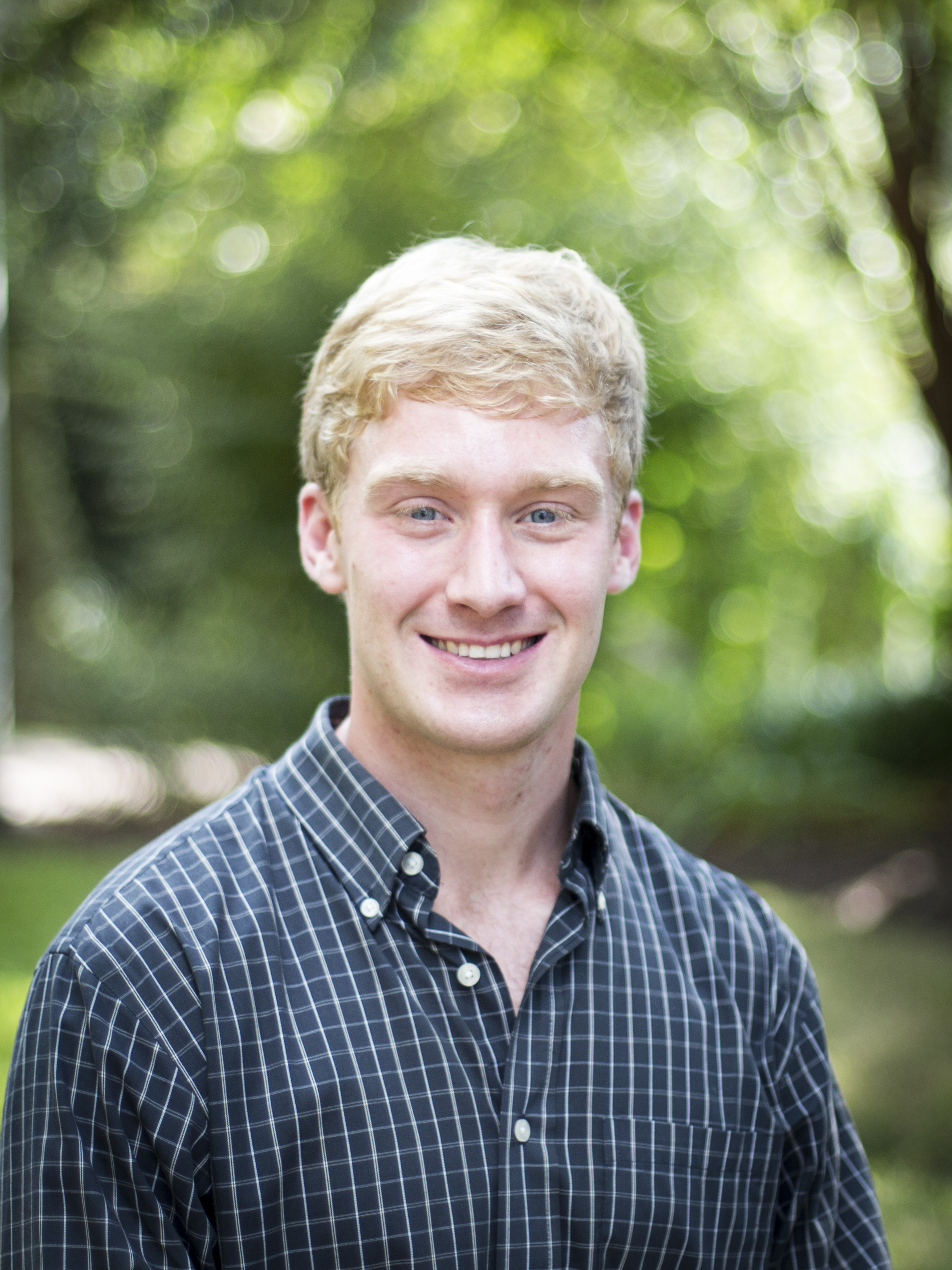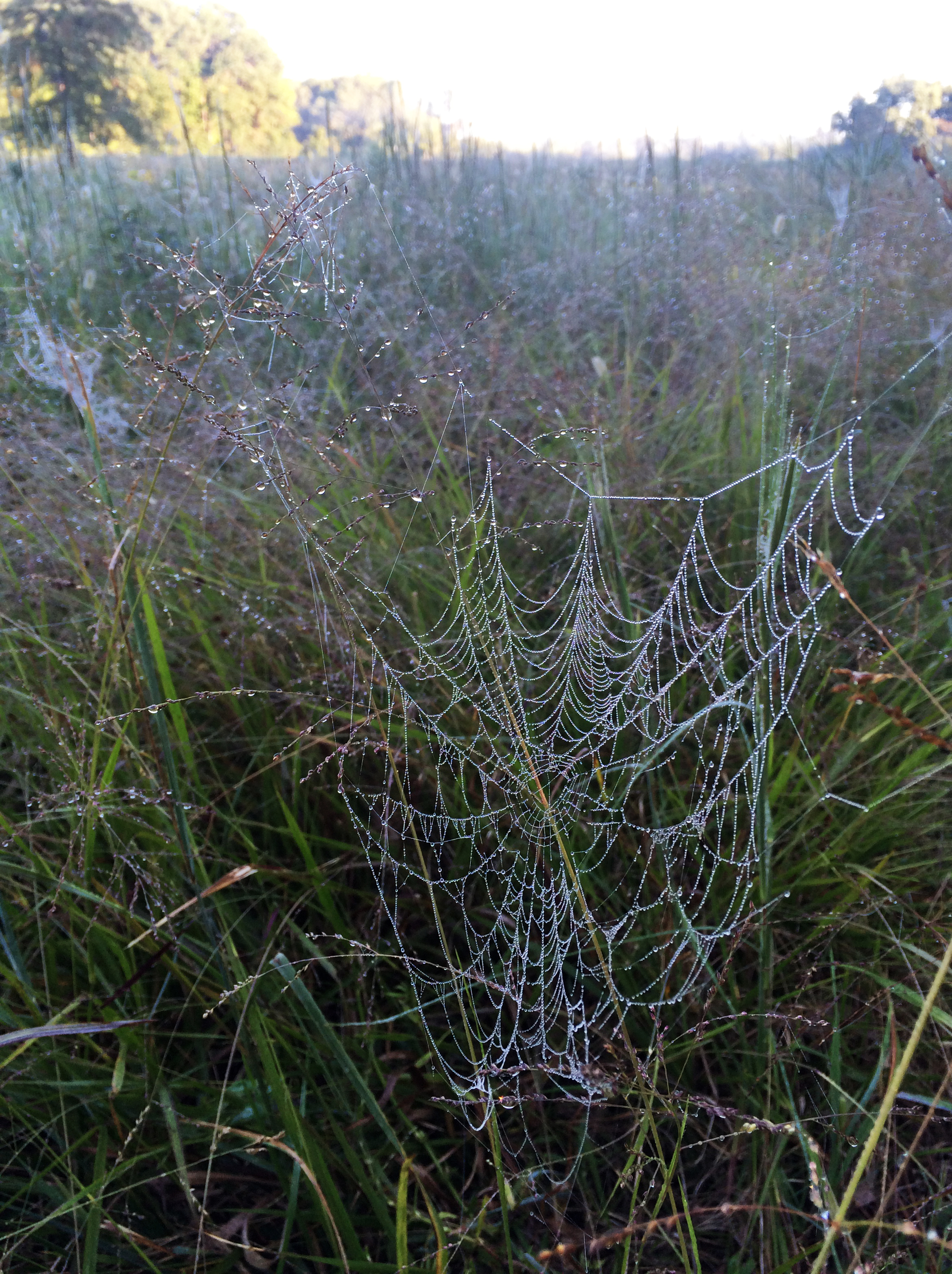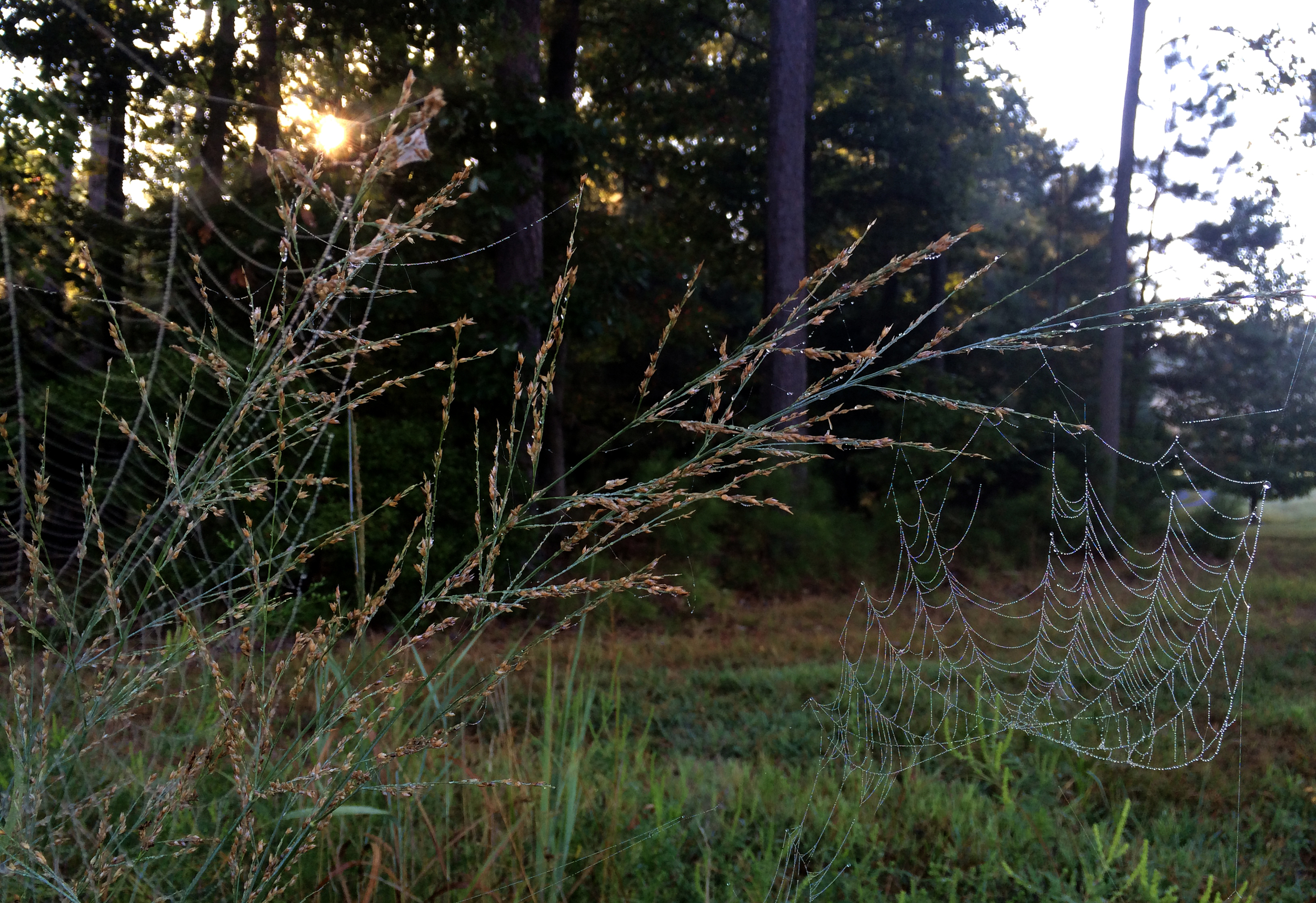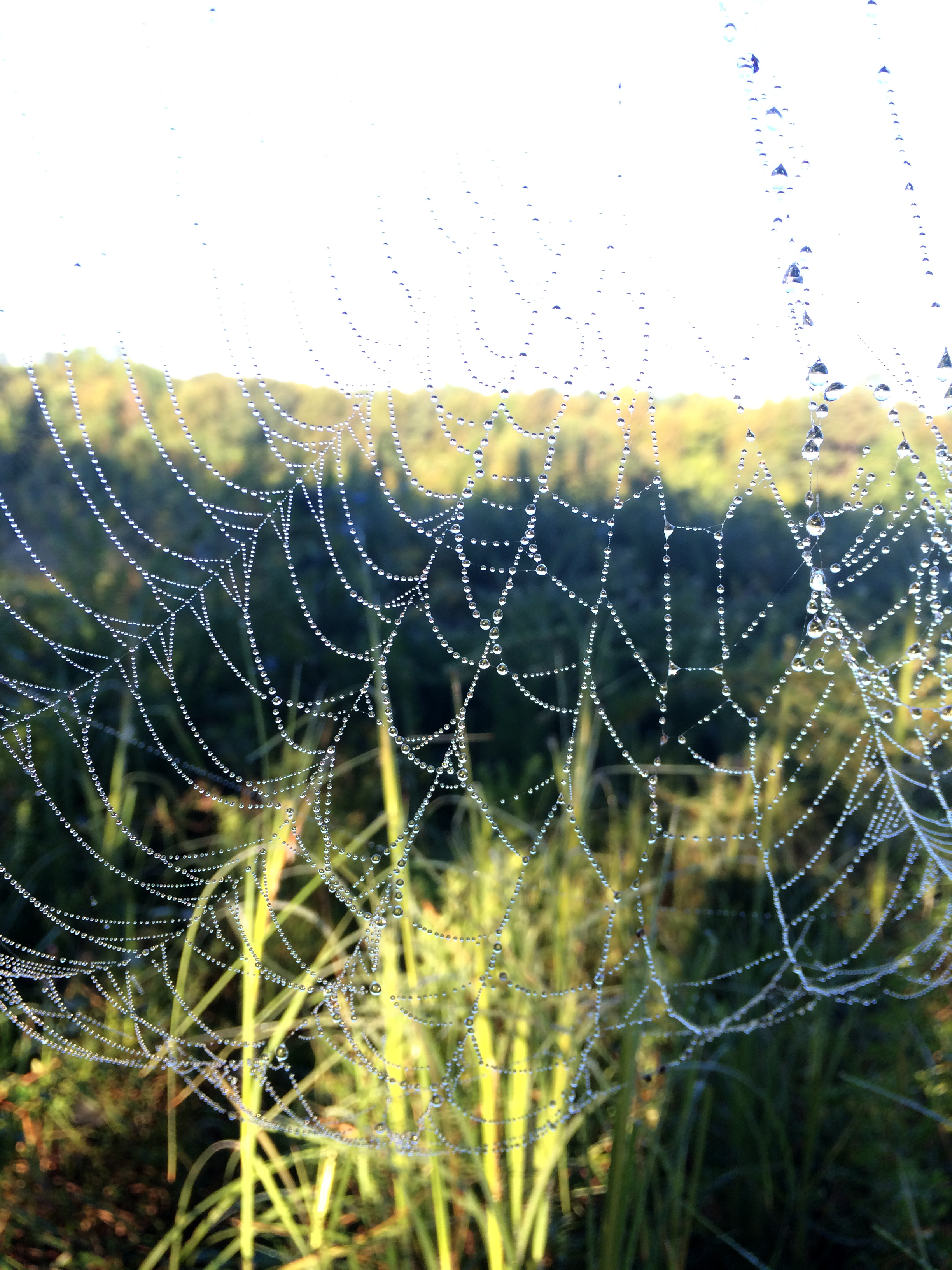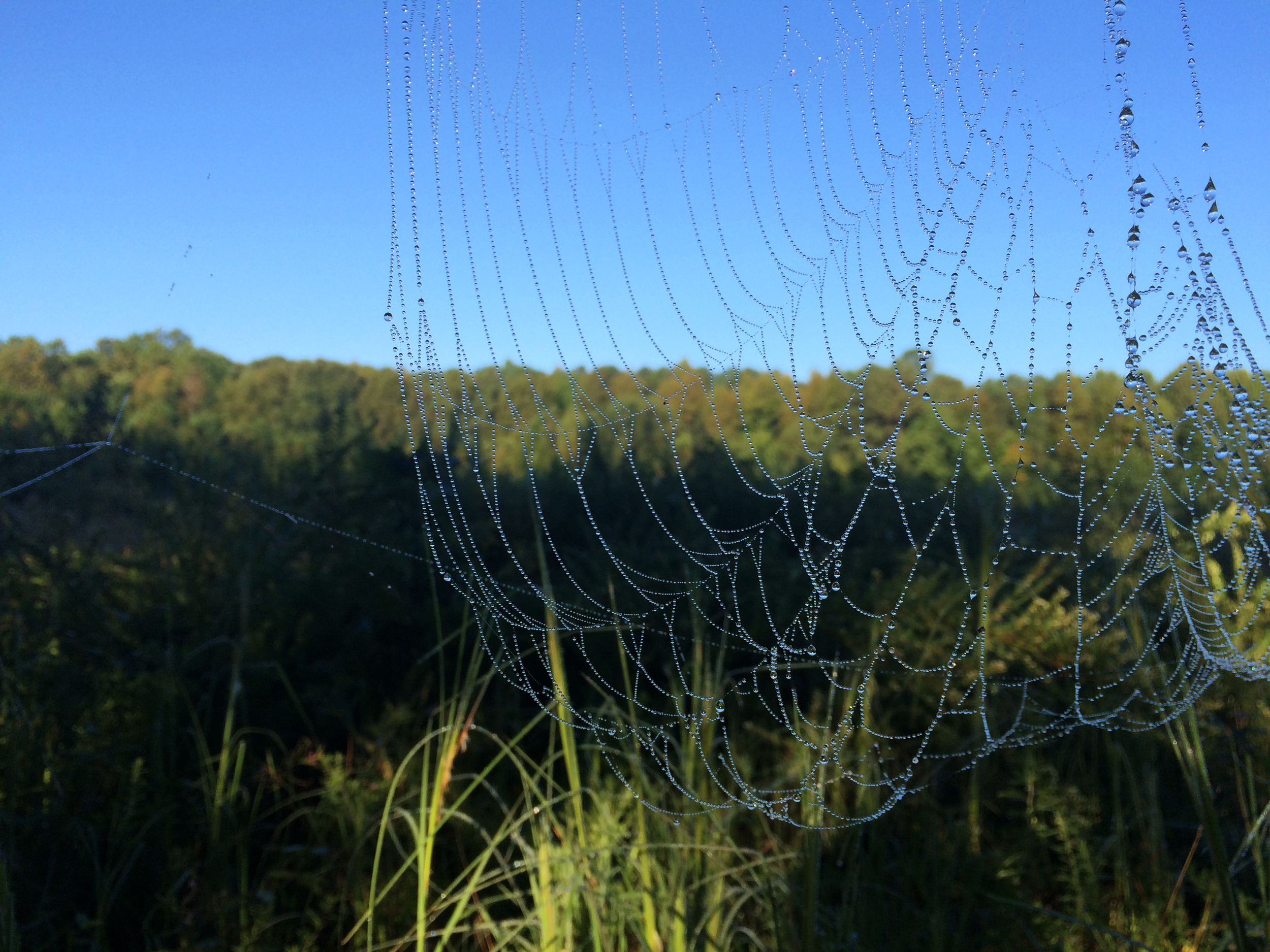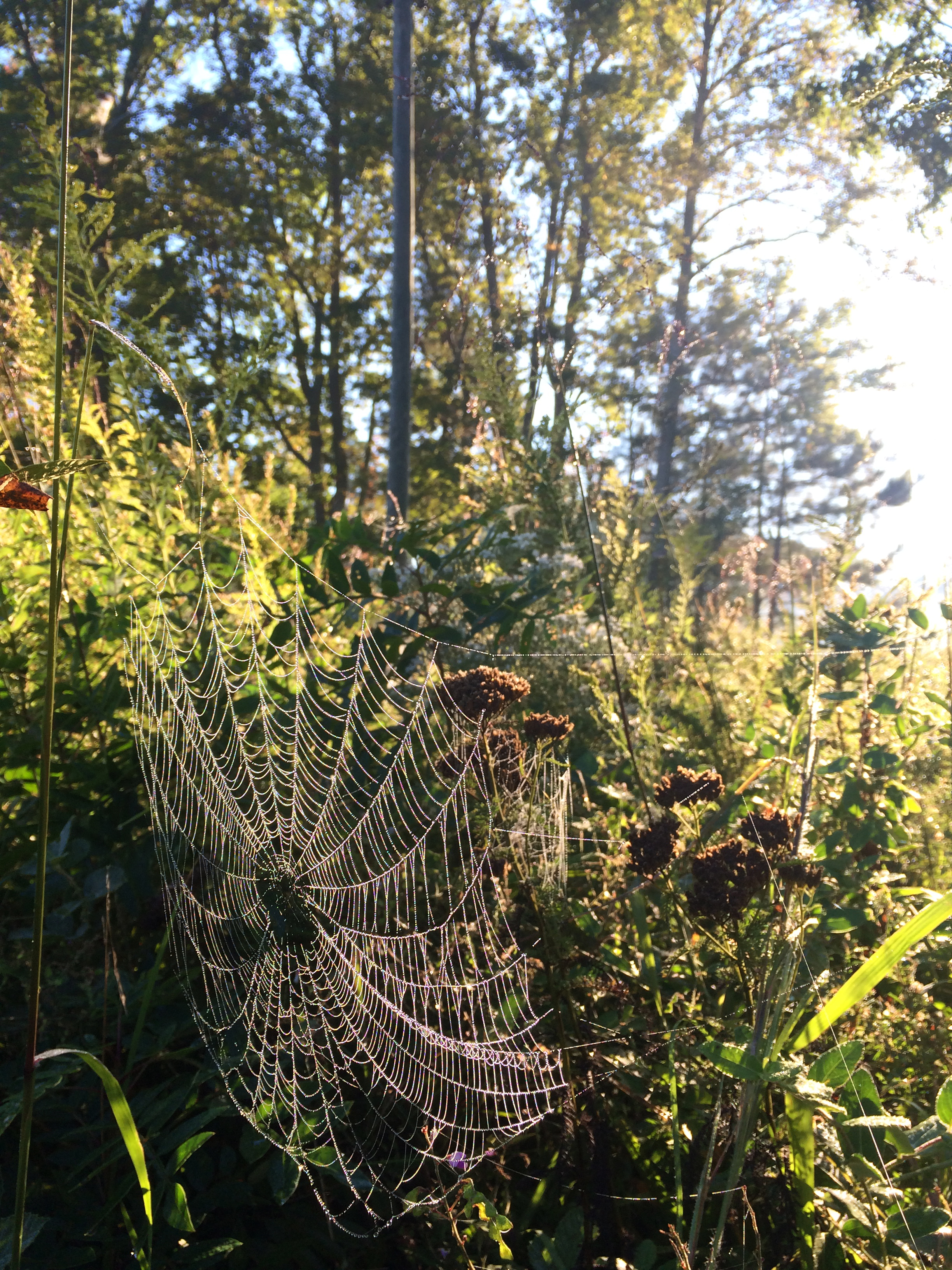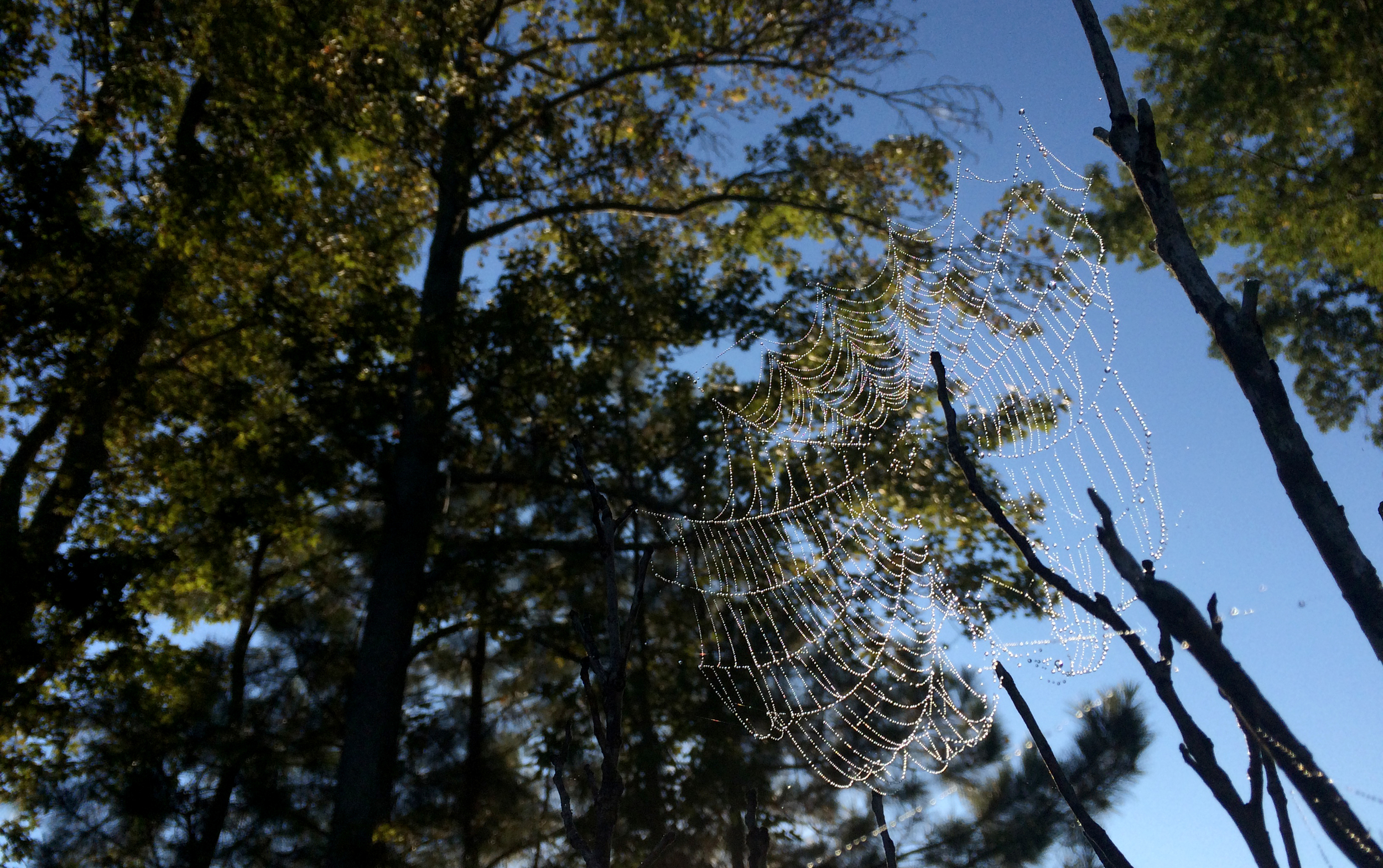The Trinity Fellows Program is characterized by rhythm. From our Fellows schedule that repeats week after week, to the various forms of liturgy we engage with daily and weekly at Trinity, I’ve learned many of these rhythms by heart. The rhythm I’ve come to love the most is singing the doxology, a sweet and poignant four-line hymn that the Church has been singing for centuries. (You can listen to my favorite recorded version here). Its lyrics are simple and profound:
Praise God from whom all blessings flow
Praise Him, all creatures here below
Praise Him above, ye heavenly host
Praise Father, Son, and Holy Ghost. Amen.
It's traditionally sung a cappella—no instruments, just voices mingled together in magnificent harmony.
As Fellows, we often sing the doxology in the context of community. On Sunday mornings, we sing it with the rest of the Trinity congregation during church, hundreds of people of all backgrounds and ages and stories fulfilling the call for all God’s “creatures here below” to praise Him. And each Monday night, at the end of the Fellows’ weekly Roundtable dinner—our time of fellowship and processing—we gather in a circle, arms around one another, and sing the doxology in unison. Slowly but surely, the doxology is becoming the soundtrack to my year as a Fellow. Each time I sing that now-familiar first note, my heart feels like it’s at home.
This practice of singing the doxology has begun to shape me. It’s a song that has drawn me into worship and to the truth about who God is. Many times over the past four months, when I’ve felt worn out and at the end of my rope, I’ve sung the doxology over myself, knowing full well the way that these lyrics can nudge me out of despair and into trusting God. One Thursday afternoon, after watching a heart-wrenching film in class about AIDS that left me sobbing, I drove away from class drained and distraught. As I drove down the highway, I made myself breathe out one verse of the doxology at a time, my heart calming with each line. Praise Him, all creatures here below. Praise Him above, ye heavenly host. Praise Father, Son, and Holy Ghost. He’s worthy of praise, I’m reminded—even when the world seems overwhelming.
And some days this year, I’ve simply been exhausted. Some days, the to-do lists feel long, the scheduled activities get stacked, the margin that I long for seems nowhere to be found. When I’ve been weary and worn down, it’s been tempting to fall into bitterness and to complain, despite the fact that each aspect and activity of life as a Fellow is genuinely good. So in the car driving from tutoring to class, or from work to Roundtable, or even during the 30-second walk to my car through the church parking lot, I have sung the doxology, the first line teaching and re-teaching me the rhythm of gratitude. Praise God from whom all blessings flow. There’s so much to thank Him for, even on the hard days.
The doxology has also gently but firmly reminded me that every good and perfect gift comes from God above (James 1:17). In a year that has been abundantly wonderful, it has been tempting to merely enjoy the good parts of the Fellows program without turning in adoration and thanksgiving to God. The doxology has taught me the rhythm of looking out and then looking up, helping me to see the blessings that have flowed to me, and then turning my heart upward in light of them to God.
After a particularly sweet December night spent drinking hot chocolate by the fire with my beloved Fellow friends, I walked out to my car, and, awestruck by the starlit sky, instinctively began singing the doxology out loud. A few others heard me and joined in, our simple harmony echoing down the driveway. Praise God from whom all blessings flow. In that moment, the doxology’s lyrics reminded me that the gifts of community and natural beauty flow from the God who is somehow even more wonderful than those gifts. As Fr. Richard Rohr says, "Whatever good, true, or beautiful things we can say about humanity or creation we can say of God exponentially. God is the beauty of creation and humanity multiplied to the infinite power." His bright glory and goodness is reflected in the parts of this year I’ve treasured most.
Looking ahead to the remaining five months of the Trinity Fellows Program, I know that every Sunday morning, every Monday evening, and plenty of moments in between, I will be singing the doxology. The coming days and weeks will bring with them a multitude of challenges and joys, gifts and pain, but I hope that the doxology’s rhythm of praise and gratitude will define my Fellows year and the years to come.
Nikki has a background in marketing and communications and is interested in the convergence of faith, media, and culture. She has held marketing internships at various local and international organizations, including a magazine publishing company in Charlottesville. Nikki also worked as a member of the team that helped with the recent launch of The Arbor, a Charlottesville based nonprofit organization that seeks the flourishing of survivors of human trafficking. During college, she was involved in leadership in Chi Alpha at UVA, and worked as a youth counselor at Yosemite Sierra Summer Camp in California. She is considering a career in communications.







